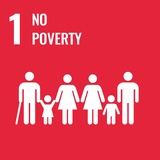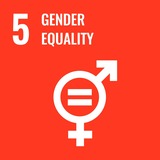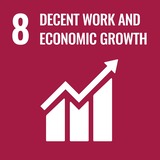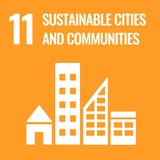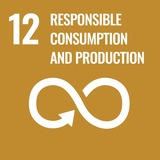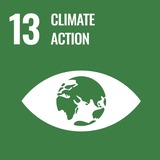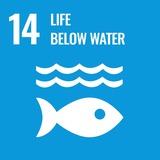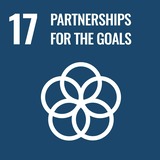INDIA
Clean Konad
Konad is a small town, tucked away on Kerala's coastline. Located just four kilometers from Kozhikode Beach, many locals have a close relationship with the ocean — especially when it comes to their livelihood and well-being.



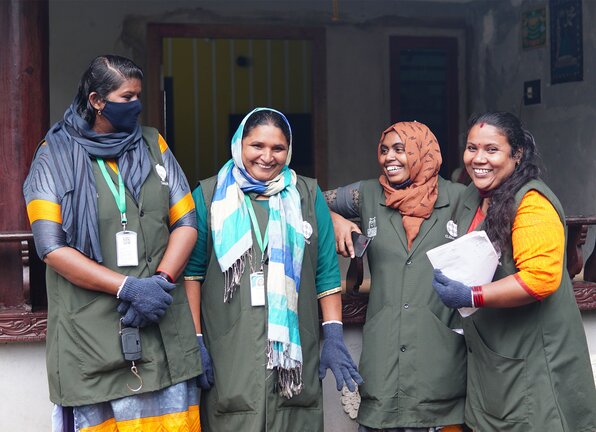
INDIA
Clean Konad
Konad is a small town, tucked away on Kerala's coastline. Located just four kilometers from Kozhikode Beach, many locals have a close relationship with the ocean — especially when it comes to their livelihood and well-being.



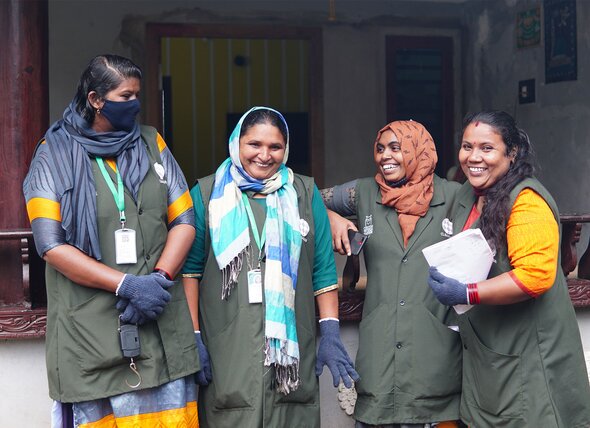
The story
Before the Clean Konad project, none of the families in Konad had access to state waste management services, meaning their only options for dealing with trash were:
Burning it in an open environment (66% of people)
Dumping it in the ocean (19% of people)
Burying in the ground (10% of people)
Handing it over to the state (5% of people)
This all changed when we started the Clean Konad project.
Integrating change in the community
The local community is the beating heart of this project.
So before we kicked off our cleanup, we needed to make sure locals would benefit from the new waste management system — and our seven-point plan did just that:
1
Meet the community
This allowed locals to voice their opinions on the project plan. We also got to explain the process firsthand and offer opportunities to people who wanted to get involved.
2
Set out a blueprint plan
We needed to make sure the project would run smoothly and actively involve the locals. After talking with families in the area, four women stepped forward to form our collection team.
3
Carry out a baseline survey
To prevent plastic pollution in the long run, we surveyed 175 local families to assess their attitudes toward waste, existing management practices, and knowledge of plastic pollution.
4
Run a collection trial
This helped us estimate the number of families we’d need to collect waste from and gave us a better idea of the amount of trash we could expect.
5
Raise awareness of the program
This helped locals learn more about the issue of plastic waste and made sure we avoided any segregation in the area.
6
Integrate our app into the collection process
The benefits of doing this are two-fold: it makes our collection data more transparent and thorough, and it’s much easier for the collection team to log data.
7
Roll out the program
Once we’d completed all these steps, we were set to carry out regular collections and start reducing plastic waste in Konad.
Next on the agenda was to create a collection team! We recruited four women from the local community, which is efficient from a logistics point of view but also adds an element of personability. The women know the locals, the community, and the area — making the process seamless and more effective.
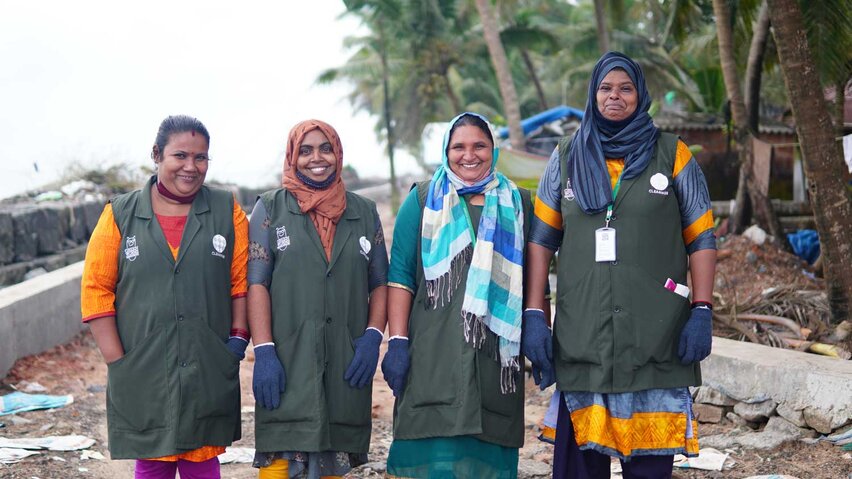
With our collection team in place, we could start collecting plastic waste from 863 people — living in 179 different homes — and later expanded to include neighboring areas.
Support a Cleaner Planet
Your brand can have direct impact and help to expand into more coastal communities.
Our impact

Clean Nature
Before this project, most locals (66.5%) were burning their trash in an open environment, with others burying it in the ground and dumping it in the ocean.
Implementing our waste management system means the people of Konad no longer have to dispose of their trash in dangerous ways, benefiting their health, the local wildlife, and the environment.

Clean Communities
Our pre-project survey found that less than half of locals thought it was important to have a waste management system in place.
Fast forward six months into the project, and that figure skyrocketed to 99% thanks to the educational workshops that we ran.

Clean Jobs
In our initial conversations, we learned women typically stayed at home, meaning they had a lack of personal income.
That’s why our collection team is made up of four local women: Geethu, Sajna, Saabira, and Saabira C.P.

Clean Oceans
Almost a fifth of the community was dumping trash into the sea before we implemented our waste management system.
They can now manage their waste in a healthy way — for both them and the oceans — reducing plastic pollution that would have previously ended up in the Indian Ocean.
Our collection process
When it comes to plastic collection, transparency is key.
We want the brands that fund this project to know exactly how much plastic they’ve helped to recover, and where it’s been collected from. That’s why we implemented this standardized collection process for this project:
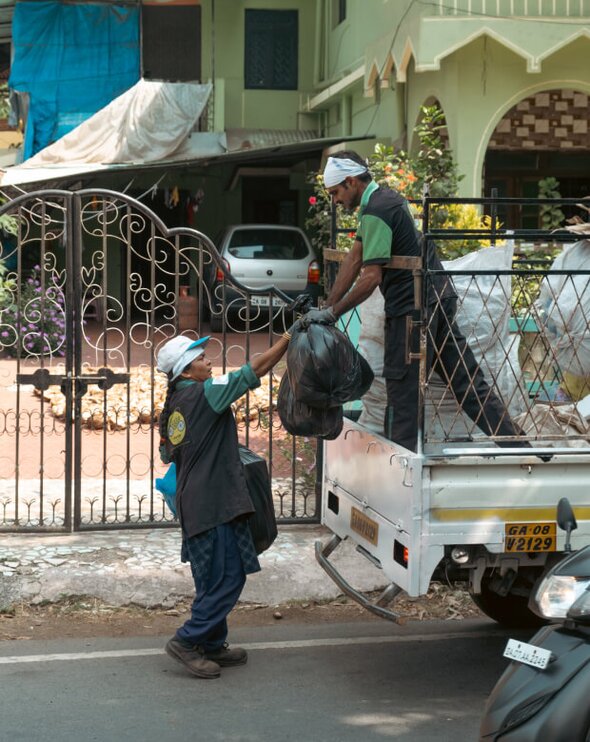
STEP 1
Collect waste from families
Instead of focusing our efforts on waste in the open environment, we stop plastic pollution at the source by collecting waste from homes in Konad
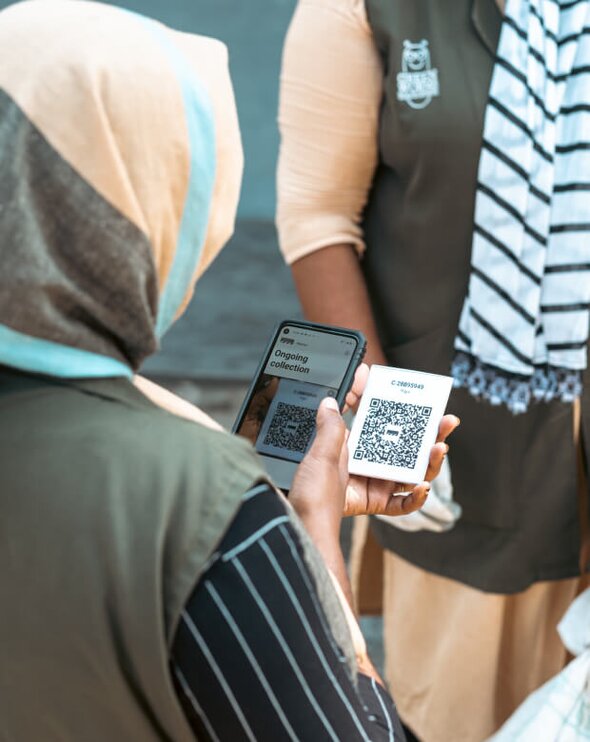
STEP 2
Register the amount of waste
This is done easily through the CleanHub app. All the team needs to do is verify the collected volumes by taking a photo and logging the weight of the bag.
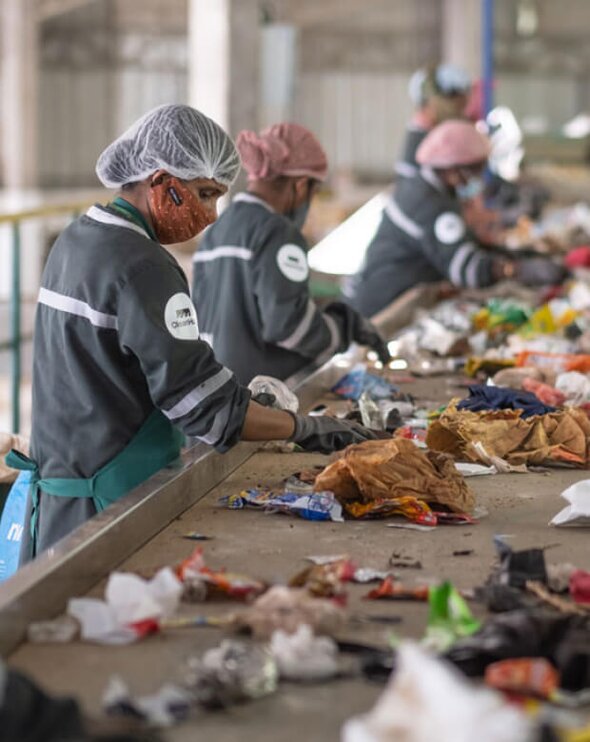
STEP 3
Sort the waste
The collection team then sorts the bags of trash, inputs the data into our app, and marks the bags of waste as ‘ready to be delivered’
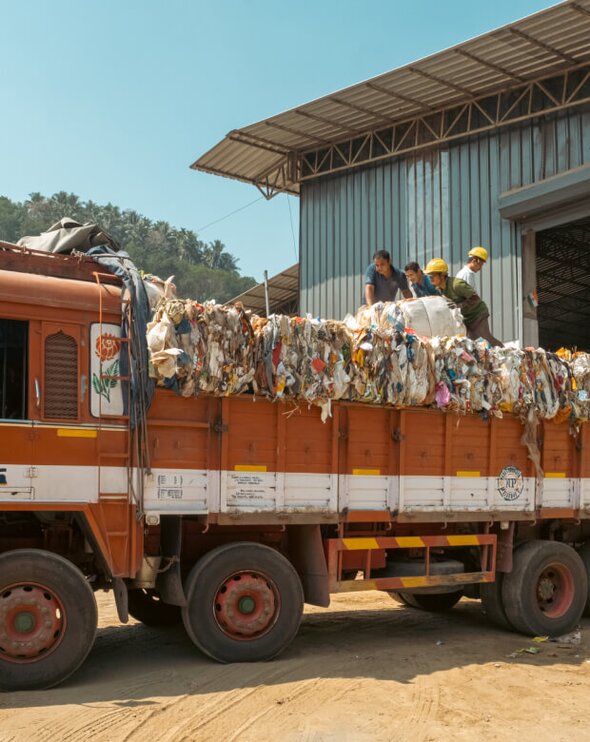
STEP 4
Transport the waste
Once the collection is done, all waste is taken to the Green Worms’ Material Recovery Facility to be processed
Collection operator: Green Worms
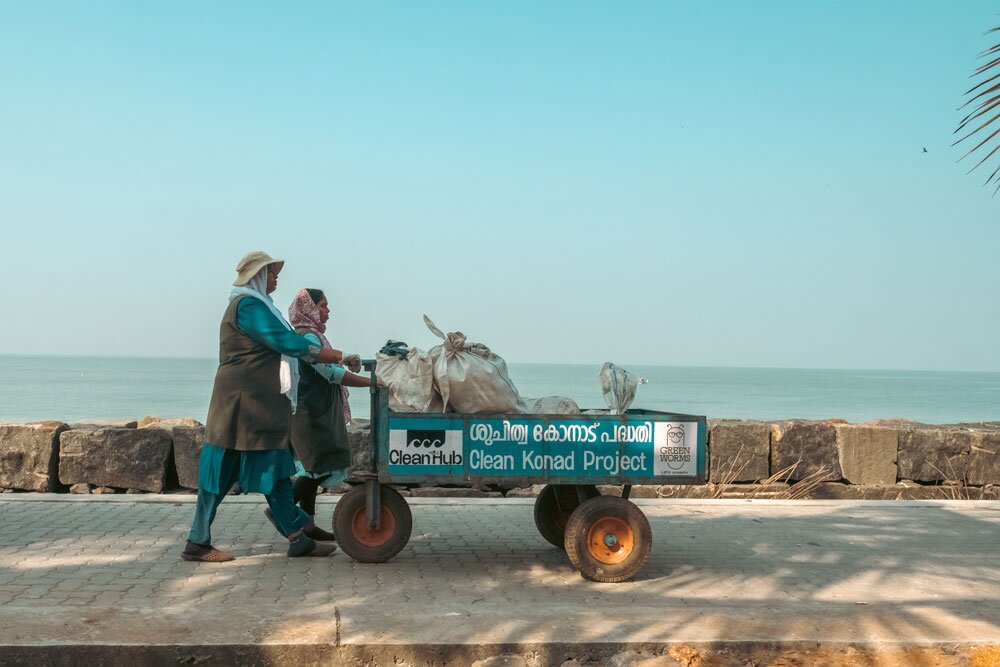
This project wouldn’t be possible without our incredible collection partner, Green Worms.
Green Worms is a waste management hub that collects household waste in more than 50 municipalities across South India. They've been a CleanHub Partner since 2020.
Greenworms ethos matches CleanHub’s goal of introducing a more circular economy, bringing systemic change in waste management that involves converting plastic into new materials.
We pride ourselves in working with a company that is transparent about its processes and — most importantly — provides safe and dignified jobs for over 300 women.
Together we’ve collected over 1.5 million kilograms (kg) of plastic waste — and counting. On top of this, the company educates local communities on how to segregate their waste better.
Support a Cleaner Planet
Your brand can have direct impact and help to expand into more coastal communities.
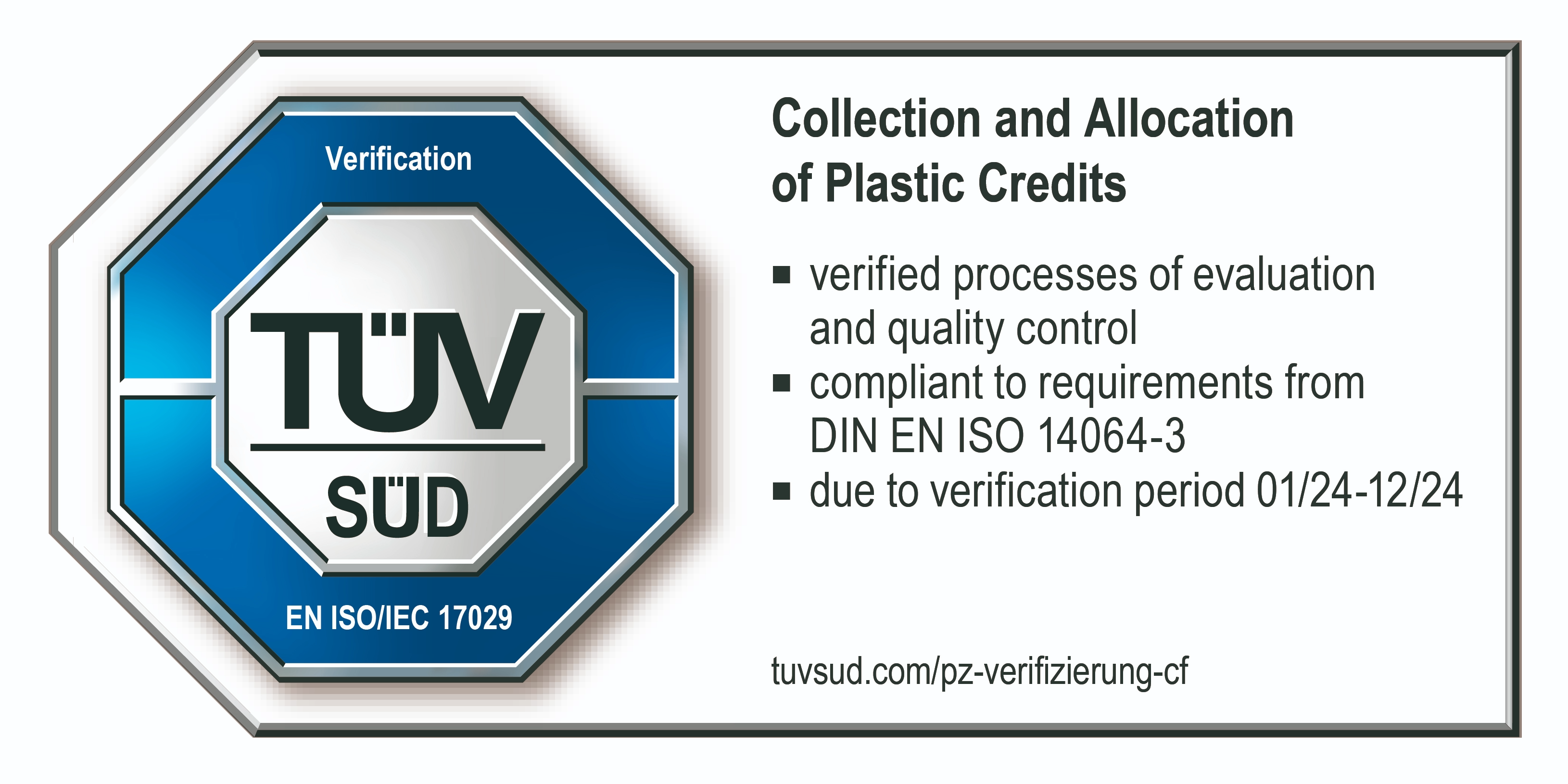
We're the first plastic credit system verified by TÜV SÜD


